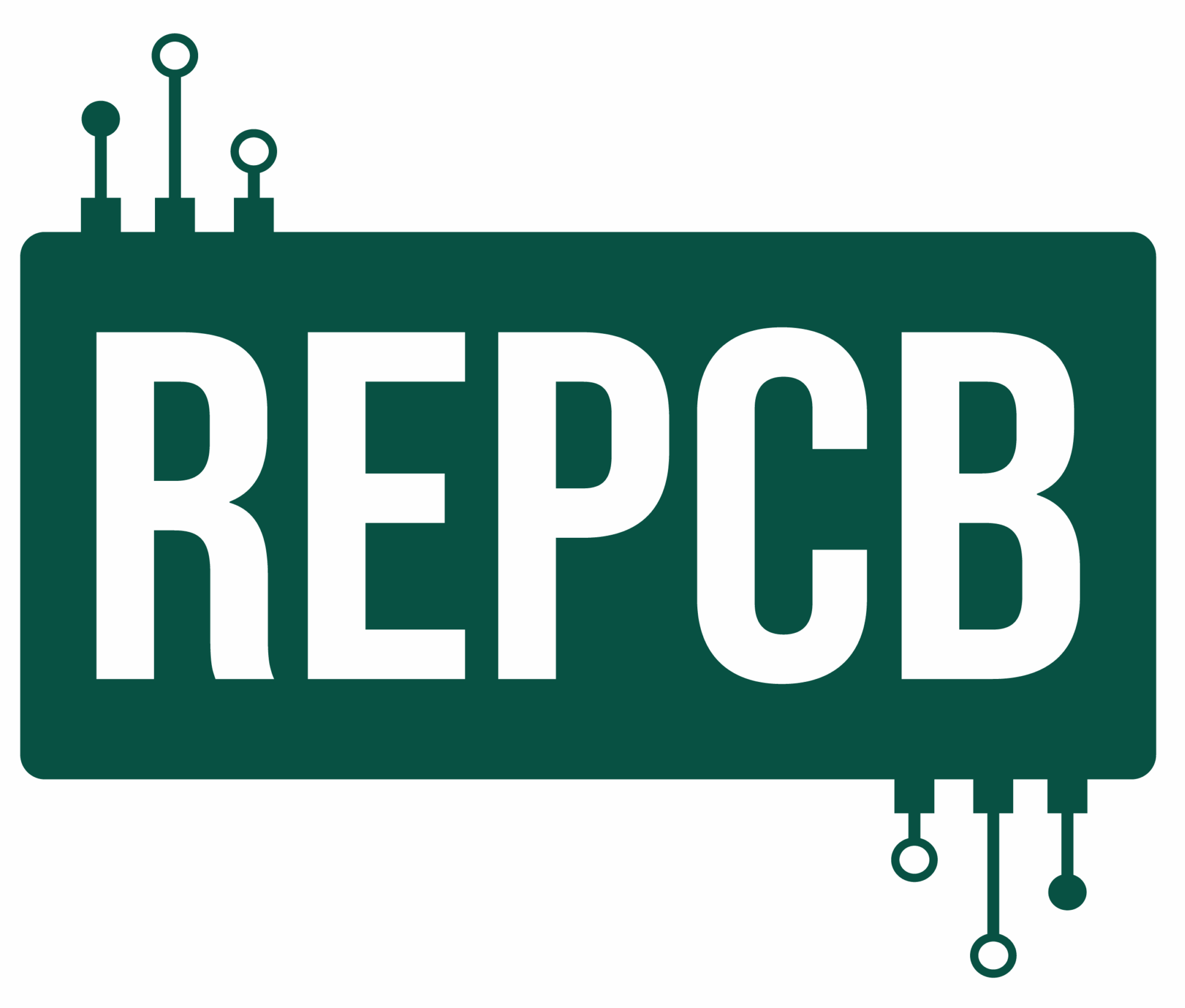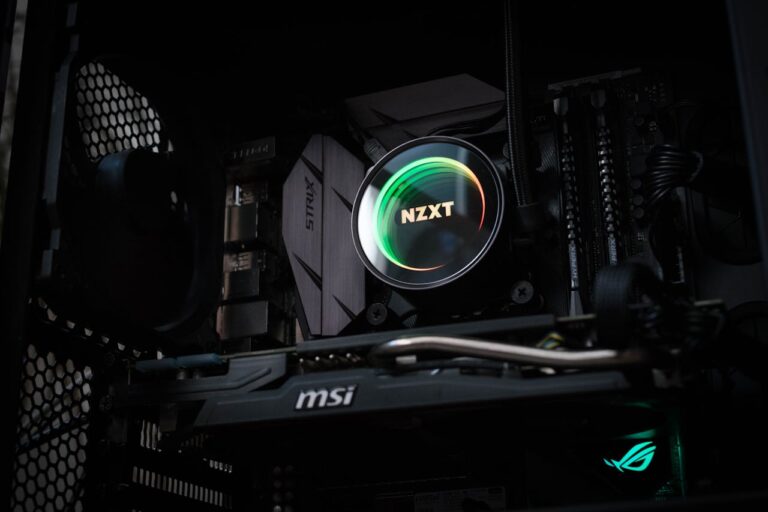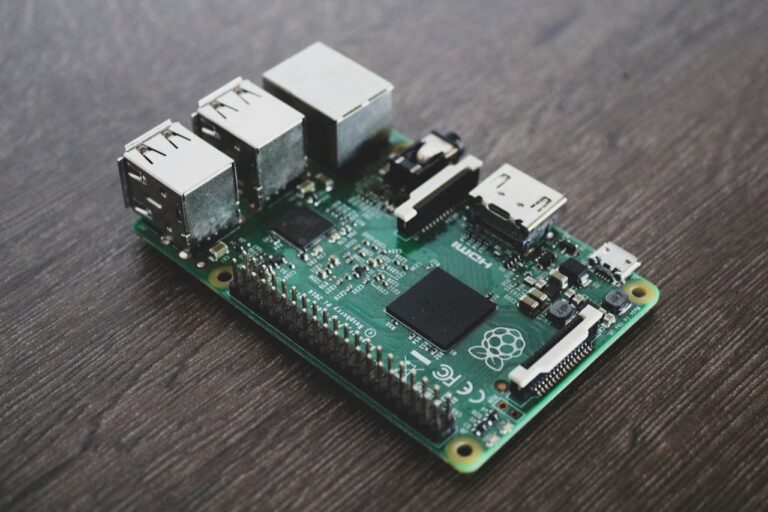Key Takeaways...
- WEEE regulations apply to businesses that produce, distribute, or dispose of electrical and electronic equipment in the UK.
- Producers must register with a compliance scheme and report product volumes.
- Distributors are required to offer take-back services or participate in a Distributor Take-Back Scheme.
- Waste holders must store and dispose of e-waste using authorised carriers and maintain full documentation.
Businesses across the UK that manufacture, sell, repair, recycle, or dispose of electrical and electronic equipment must understand and comply with the Waste Electrical and Electronic Equipment (WEEE) Regulations.
These laws are crucial in reducing the growing environmental impact of electronic waste and ensuring that electrical items are reused or recycled whenever possible. For businesses working with electronics, understanding these regulations is both a legal obligation and a responsible environmental practice.
What Are the WEEE Regulations?
The WEEE Regulations were introduced to implement the European Union’s WEEE Directive and remain part of UK law post-Brexit. The core aim is to reduce the volume of electronic waste that ends up in landfill and to improve the environmental performance of businesses that manufacture, distribute, or dispose of electrical items.
The regulations place a shared responsibility on producers, distributors, and waste holders to ensure the safe handling, collection, and recycling of electronic waste.
Which Businesses Are Affected?
Several business categories must comply with WEEE regulations, depending on their role in the supply chain.
Producers—those who manufacture or import electrical and electronic equipment for sale in the UK—are required to register with the Environment Agency directly or through a Producer Compliance Scheme. They must report the weight of products placed on the market and finance the recovery and recycling of equivalent quantities of waste equipment.
Distributors, including retailers who sell electronic items to end users, are expected to offer take-back services for customers. This could involve an in-store return system or participation in the national Distributor Take-Back Scheme. Distributors must also clearly communicate to customers how and where they can dispose of their old electronics.
Waste holders such as offices, schools, healthcare institutions, or manufacturing sites that generate or store electronic waste have their own set of responsibilities. These include securely storing waste electronics, ensuring they are not mixed with general waste, and arranging for their collection by properly licensed waste carriers. Documentation must be kept to demonstrate compliance and traceability.
What Equipment Falls Under WEEE?
The scope of equipment covered by WEEE regulations is extensive. Any device that requires electricity or batteries to function is likely included. This spans computers, laptops, printers, mobile phones, televisions, lighting equipment, household appliances, medical devices, and more. If an item is classed as electrical or electronic equipment (EEE), it falls under the regulations.
Many businesses are surprised by how wide this definition is. Even tools, electronic toys, and equipment used for monitoring or controlling systems can be subject to WEEE rules. Understanding what qualifies is key to meeting compliance obligations.
How to Ensure Compliance
To remain compliant with WEEE regulations, businesses must take several steps. First, they need to determine their legal role—whether they are a producer, distributor, or waste holder. Producers must register and report their electronic sales accurately. Products should be marked with the crossed-out wheeled bin symbol, signalling that the item requires separate collection.
All businesses that handle electronic waste must store it in a safe and environmentally secure manner. Waste electricals should not be mixed with general waste, and only authorised waste carriers should be used to remove the materials. Maintaining an audit trail—including records of collections, licenses, and disposal methods—is essential.
Partnering with a certified recycling provider such as RePCB ensures that all of these steps are followed correctly. We support businesses with secure collection, responsible disposal, and full documentation, helping you meet both environmental and regulatory standards.
RePCB’s Role in Supporting WEEE Compliance
RePCB offers a nationwide solution for businesses needing to dispose of electronic waste, from small IT firms to large industrial operations. Our team handles a variety of waste types including printed circuit boards, hard drives, mobile phones, server components, and more. We are fully registered and ensure all materials are recycled or disposed of in compliance with WEEE requirements.
Our clients benefit from detailed reporting, secure logistics, and environmentally responsible practices. By working with us, your business avoids the risk of non-compliance, data breaches, and improper disposal.
Why WEEE Regulations Matter
Compliance with WEEE regulations is more than a legal box to tick. It protects your organisation from regulatory penalties, supports your corporate sustainability goals, and demonstrates a commitment to environmental responsibility. As electronic waste volumes continue to rise, businesses have a critical role to play in managing their disposal practices responsibly.
By ensuring your equipment is correctly stored, collected, and recycled by a licensed provider, you not only stay within the law but contribute to a circular economy that recovers valuable materials and reduces pollution.



